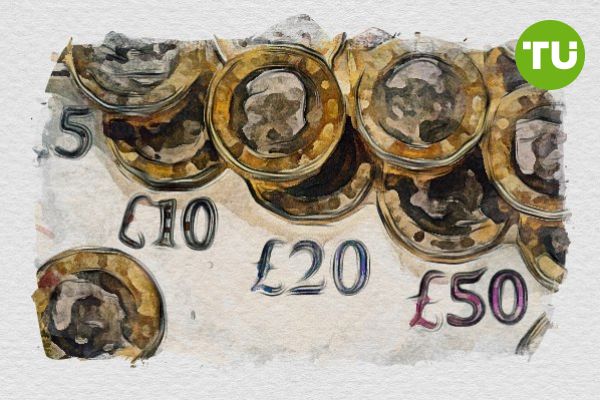GBP/USD price holds gains at $1.267 amid mixed eurozone PMI data
 Economic data provided mixes sentiment
Economic data provided mixes sentiment
GBP/USD price have extended February uptrend to 1.2670 after recently breaking above the 100-day EMA. The pair is set to close its third consecutive bullish week, but technical resistance at the 0.786 Fibonacci level presents a key test.
The bullish momentum was reinforced by a weaker U.S. dollar following disappointing US Initial Jobless Claims data. Claims for the week ending February 14 increased to 219,000, surpassing expectations of 215,000, while Continuing Jobless Claims inched up to 1.869 million.
Meanwhile, economic data from the Eurozone provided mixed sentiment. The Manufacturing PMI for February improved to 47.3 from January’s 46.6, exceeding forecasts of 47, but remained in contraction. The Services PMI declined to 50.7 from 51.3, below the expected 51.5, marking a three-month low. While this data primarily affects the euro, it reflects broader economic conditions in Europe, which could influence sentiment around GBP.
GBP/USD outlook: Traders eye 1.2800 after breaking 100-day EMA
GBP/USD price dynamics (Sept 2024 - Feb 2025) Source: TradingView.
Throughout Friday’s Asian and European sessions, GBP/USD has traded sideways at 1.2670 with limited volatility. Should buyers push the pair above this level, the next target is 1.2800, a two-month high. However, any pullback could see support at 1.2610, where the 100-day EMA has established near-term stability.
For GBP/USD, traders are closely watching whether the pair can maintain its bullish momentum into next week. A decisive break above 1.2670 would reinforce the uptrend, while failure to hold could trigger a pullback toward 1.2610. Market focus remains on U.S. economic data and Federal Reserve signals, which will continue to shape USD strength and, in turn, GBP/USD price action.
GBP/USD struggled to sustain its rally as cautious BoE policy dampened bullish momentum. UK inflation rose to 3% in January, but Governor Bailey dismissed concerns over persistent price pressures.













































































































































